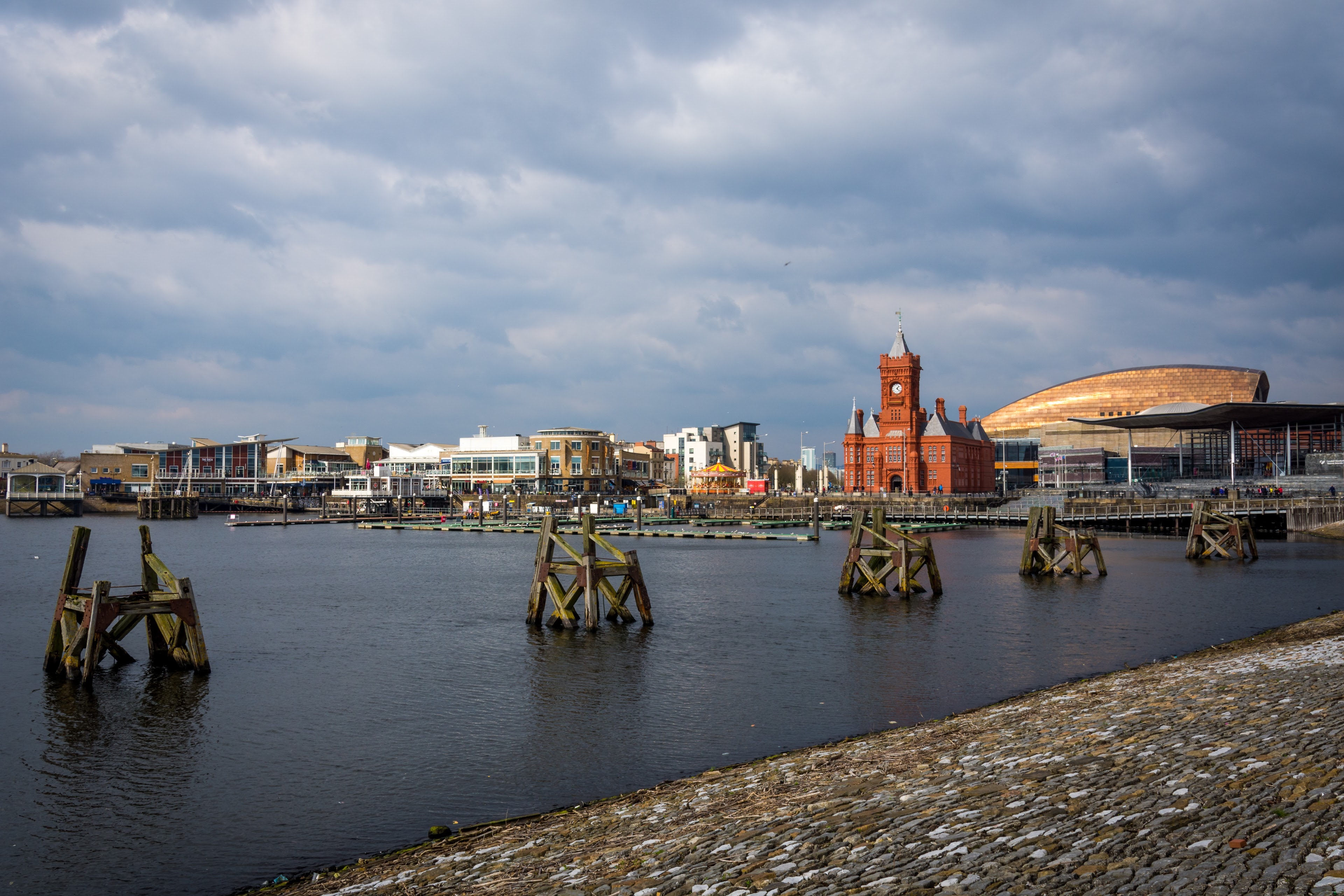Overview
Heat networks are a critical part of our transition to Net Zero. They connect multiple heat users to provide reliable and low carbon heat at a fair price.
Heat networks unlock large-scale renewable energy opportunities, and often facilitate the use of waste heat. As such, they provide access to heat sources that would not be available at an individual building level. They also provide grid balancing services in an increasingly electrified heat market.
Heat networks can provide both heating and cooling, responding to the growing risk of overheating, and increased cooling demands required by buildings such as data centres.
A crucial challenge is to upgrade our existing heat networks to support Net Zero carbon, as many existing schemes are powered by fossil-fuels e.g. gas combined heat and power. As well as supporting the development of new networks, we help you upgrade your existing heat networks to low and zero carbon.
Why the Carbon Trust?
The Carbon Trust is one of the UK's leading advisors on heat networks. We have a long track record of supporting schemes through the development cycle to financial close and have provided support to more than 70 heat network schemes across the UK since 2012.
We help public bodies and developers to; determine their role in the delivery of heat network schemes; de-risk the investment opportunity; shape a project that delivers local benefit and build stakeholder support that leads to the project reaching financial close.
How we can help
Here are just some of the ways we can support your project. Get in touch to discuss your exact project and requirements.
- Project management
- Stakeholder engagement
- Business case development
- Financial consultancy
- Commercial consultancy
- Legal consultancy
- Technical advice
- Verification of carbon savings
- Technoeconomic modelling
- Identification of heat network zones
- Funding applications
Our approach
We support our clients to develop heat network schemes across the project lifecycle.
Heat network zoning
We provide technical advice to support heat network zoning, identifying designated areas where heat networks are the most appropriate solution. This includes the development of building-level baseline energy system models, enabling the detailed identification and mapping of opportunities and constraints.
Heat mapping, energy masterplanning and techno-economic feasibility study
We help you understand the risks and opportunities of your project, clearly explaining the technology and processes. We understand the early stages of heat network projects can be daunting for public bodies or developers with limited technical knowledge. It's why we communicate clearly with stakeholders of all levels of technical understanding.
We engage with your key internal and external stakeholders to secure buy-in and reduce project risk, using our tested approach which has been modified across many successful projects.
We manage the delivery of techno-economic assessments to compare options and understand the viability of various heat networks, directing the focus towards the most deliverable. We also provide technical quality assurance of outputs from technical consultants throughout the project lifecycle and can support the procurement and management of consultants.
We support your funding application to the next Heat Networks Delivery Unit (HNDU) heat network project stage.
Detailed project development
We coordinate a consortium of legal, financial, commercial, and technical consultants to drive your heat network project through detailed project development to commercialisation phase. We project manage, taking responsibility for the development of business cases, project reporting, stakeholder engagement and the procurement and management of contractors.
We develop robust, easy-to-use financial models that aid decision-making and commercial negotiations, and support our clients to secure commercialisation funding. We advise on financing options, business models, procurement routes and governance structures.
We provide specialist heat networks stakeholder engagement, according to the best practice guidance that we developed for the UK government.
We develop and present your outline business case to key decision makers.
Commercialisation
We deliver hands-on project management, supporting our clients to drive projects through the development cycle, ranging from a ‘critical friend’ role, through to seconded project management.
We develop robust, easy-to-use financial models that aid decision-making and commercial negotiations, and support our clients to secure capital funding.
We support the negotiation of contracts such as heat supply agreements and help secure potential customers.
We help secure capital funding for your project and support the procurement process. We develop and present your final business case to key decision makers.
We coordinate the development of documentation and evaluation processes to procure design, build, operate and maintain contractors.
Verifying carbon savings
Our Certified Measurement & Verification Professionals (CMVP) assess and verify the energy and carbon savings from existing and planned heat networks, providing you with independent assurance of network performance.
Heat Networks Code of Practice CP1 (2020)
We evaluate the performance of heat networks against the CIBSE Heat Networks Code of Practice (CP1). We can coordinate a full compliance assessment complete with checklists for your project evidence pack or ensure compliance in principle.
Upgrading an existing heat network
We help you upgrade your existing heat networks to low carbon alternatives, through all stages of the project lifecycle. This includes converting heat networks which currently operating using gas-CHP, to heat pumps.
Policy advice
We advise on the design and use of planning policy to enable the long-term growth of heat networks infrastructure. This includes policy advice, curating an evidence base, drafting and amending policies, training planners on policy implementation, supporting in energy statement evaluations and developer negotiations.
District cooling worldwide
Our team support the development of district heating and cooling internationally, leveraging our experience from the rapidly growth district energy sector within the UK. For example, we are partners of the UN Environment District Energy in Cities Initiative, through which we have delivered a range of district cooling assessments across India and Malaysia.










